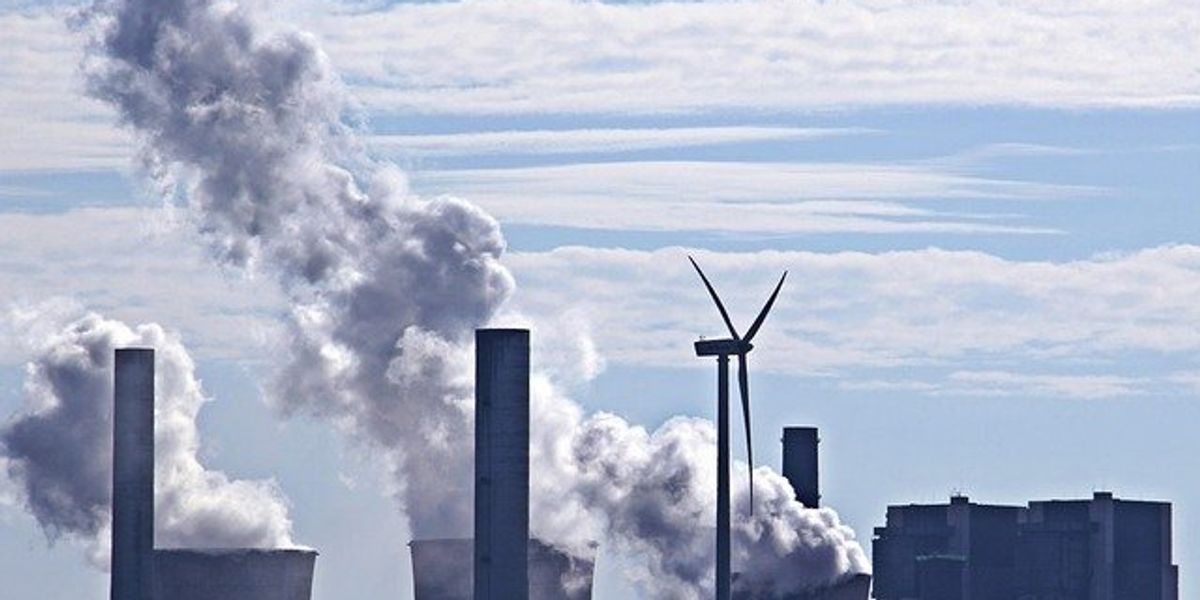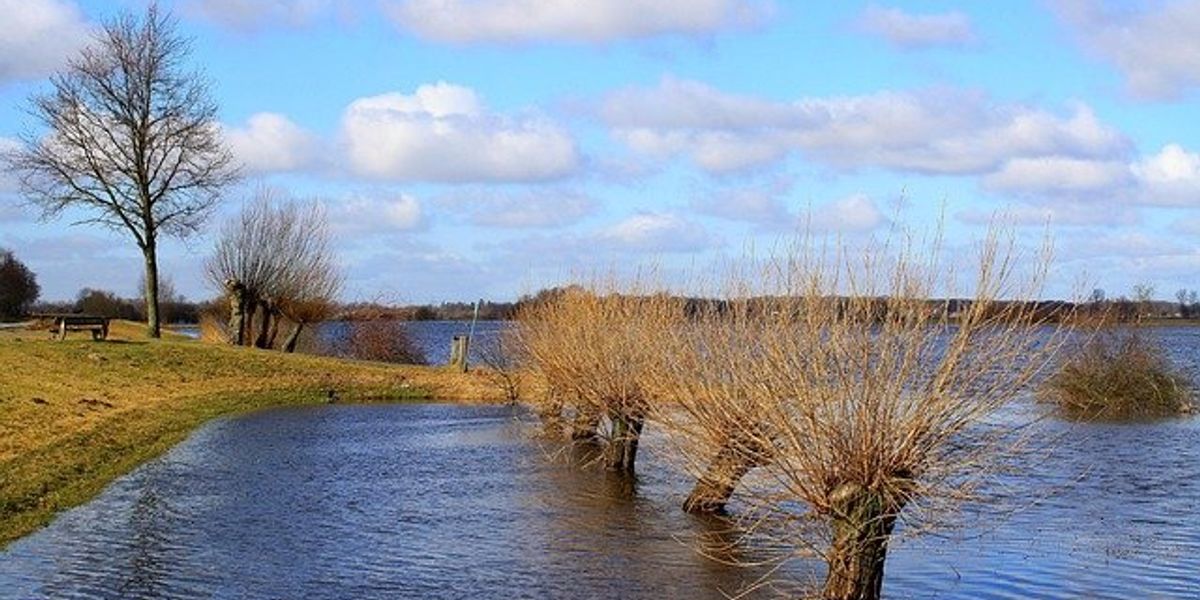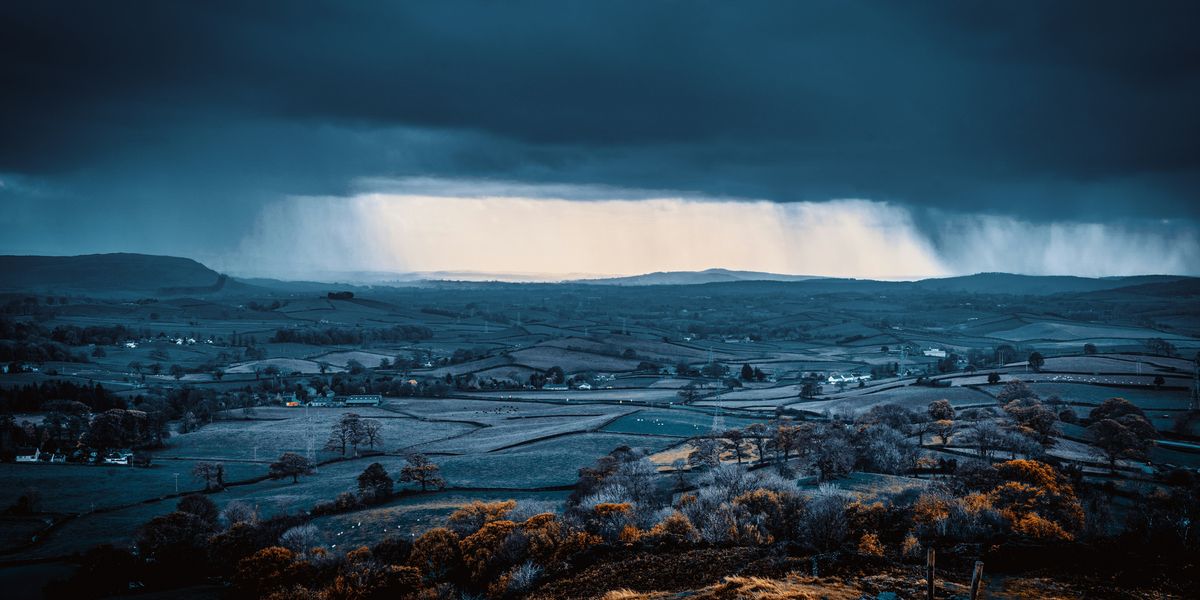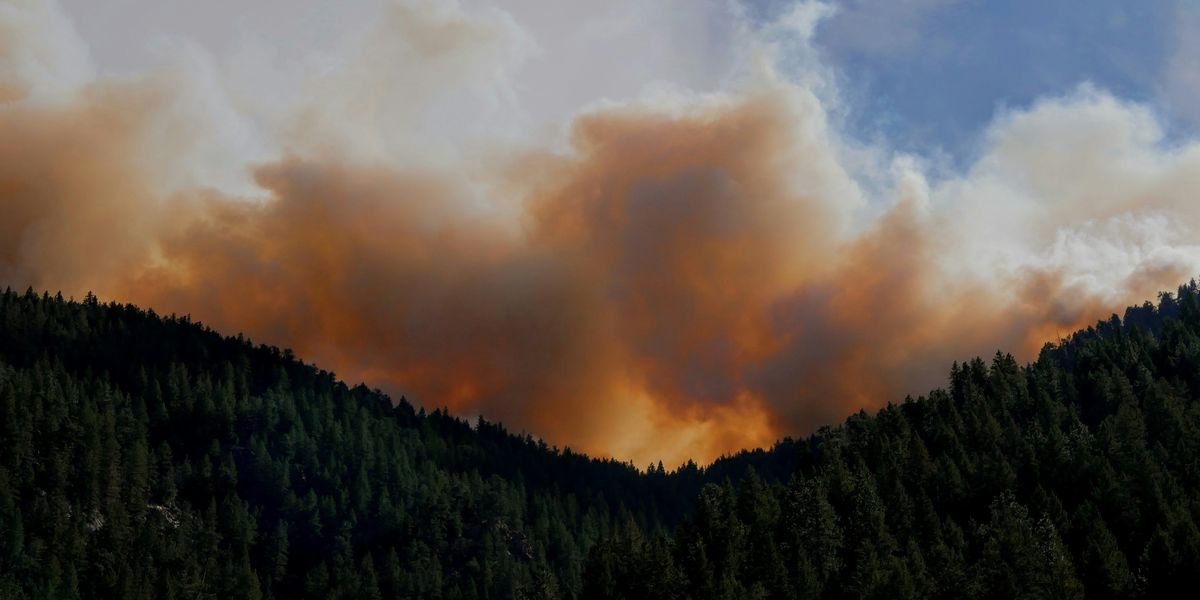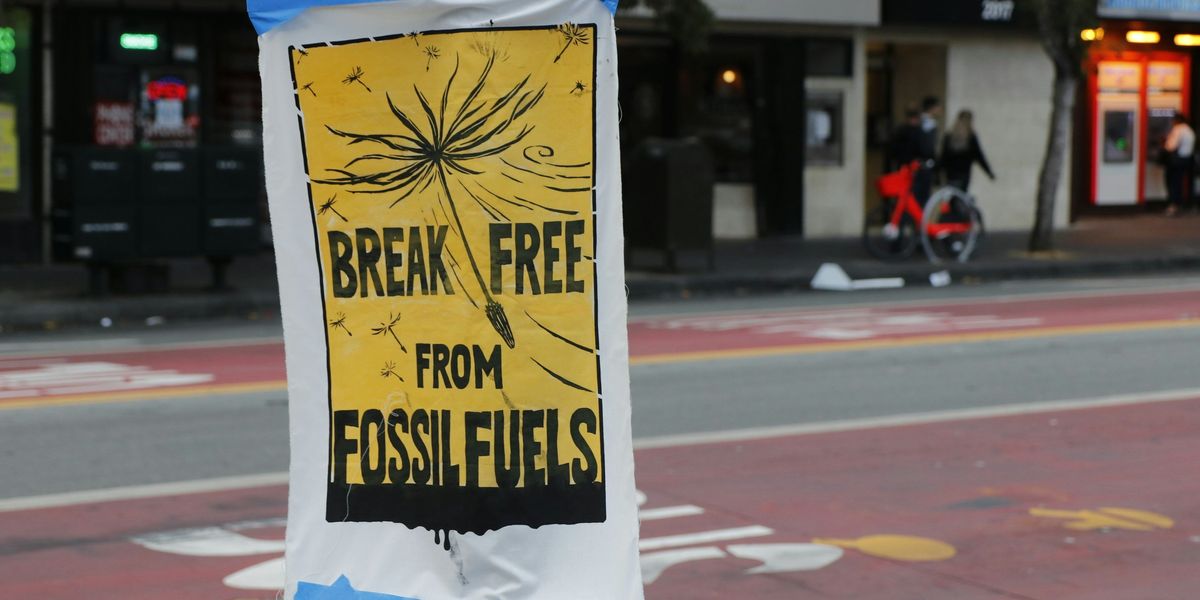superfund
States push for fossil fuel companies to fund climate resilience
Several U.S. states are advancing legislation to make oil companies pay for the climate damages caused by their emissions.
In short:
- Vermont has enacted a climate superfund law, with New York and others considering similar measures.
- These bills, inspired by the federal Superfund program, would make oil companies pay for climate-related damages.
- The proposed laws would calculate costs based on emissions attributed to fossil fuels sold over specified periods.
Key quote:
“States and municipalities are suffering enormous costs from the damage associated with climate change and the money they have to spend now to prepare for the consequences they’re going to face in the future, at the same time as fossil fuel industry actors are posting record profits from creating these harms.”
— Martin Lockman, climate law fellow at the Sabin Center for Climate Change Law, Columbia University
Why this matters:
Climate superfund bills represent a significant step in holding fossil fuel companies accountable for environmental harm. They aim to provide essential funding for climate adaptation and resilience, shifting financial responsibility to those who contributed most to the problem.
Drilling plans near Denver's superfund site spark environmental concerns
A Colorado oil company's plan to drill near the Aurora Reservoir and a Superfund site is causing alarm over potential water contamination risks.
In short:
- Federal and state officials worry that drilling near the Lowry Landfill Superfund Site could release hazardous chemicals into groundwater.
- Civitas, the company behind the proposal, has pledged not to drill directly under the superfund site, aiming to protect the existing containment measures.
- Residents and environmental groups remain concerned about the proximity of the proposed drilling to water sources and the potential for seismic activity induced by fracking.
Key quote:
"The EPA is concerned that hydraulic fracturing surrounding and underneath the site could lead to a significant unintended release of hazardous substances."
— U.S. Environmental Protection Agency
Why this matters:
The process of drilling and oil extraction uses chemicals and generates wastewater that can contaminate local water supplies. If these chemicals seep into groundwater or surface water, they can threaten the health of nearby communities and ecosystems, particularly in regions already struggling with pollution from Superfund sites.
Drilling proposal near Denver's suburbs sparks health concerns
In Aurora, new oil and gas drilling plans near a Superfund site prompt community calls for stricter regulations and impact studies.
In short:
- Civitas Energy revises drilling plans near a Denver Superfund site amid public health worries.
- Arapahoe County responds with tighter oil and gas regulations, emphasizing increased setbacks and environmental health.
- Legal and conservation groups demand comprehensive impact studies on local seismic activity and reservoir safety.
Key quote:
"The county must insist on studies to understand the potential risks associated with fracking-induced seismicity on both the Lowry Landfill Superfund Site — and the Aurora Reservoir Dam."
— Kevin Lynch, associate professor of law, University of Denver Environmental Law Clinic
Why this matters:
Residents living near oil and drilling operations may experience increased risks of respiratory problems, birth defects, and other health problems due to exposure to air and water pollutants. Chemicals used in drilling and hydraulic fracturing (fracking) processes can release volatile organic compounds, benzene, and other harmful substances into the air and water supply.
Be sure to read this piece by Huanjia Zhang: "For many years, communities have been complaining about how oil drilling in their neighborhoods is harmful. Now we have numbers to back that up."
Chemical industry spends millions lobbying against Superfund tax
EPA to evaluate climate change's impact on Smurfit-Stone cleanup
The Environmental Protection Agency announced it will conduct a Climate Vulnerability Assessment starting later this month at the former pulp and paper mill.
‘A layer cake of environmental pollution’: Greenpoint struggles with rezoning 18 years on
Extreme rainfall exacerbates pollution threat from Oklahoma Superfund site
For generations, the ground beneath Ottawa County, Oklahoma, was mined for lead and zinc. The mines closed half a century ago, but some of the pollution they created remains.












